SpringFever2359
Well-Known Member
Coming soon
"FK Raincoast Conservation Foundation"
bumper stickers
"FK Raincoast Conservation Foundation"
bumper stickers
lolComing soon
"FK Raincoast Conservation Foundation"
bumper stickers

Ending Recreational Fishing in BC to Save Southern Killer Whales
According to the Raincoast Conservation Foundation, recreational fishers are routinely violating the 400-metre protection buffers around Southern Resident killewww.spreaker.com
According to the Raincoast Conservation Foundation, recreational fishers are routinely violating the 400-metre protection buffers around Southern Resident killer whales. The Foundation is now calling for a complete end to recreational salmon fishing in southern B.C. Joining us again on The Blue Fish Radio Show is Chris Bos, Coordinator of a south Vancouver Island Chinook salmon hatchery, President of the South Vancouver Island Anglers Coalition, and Director with the Public Fishery Alliance. Join Chris and I as we discuss the need for science-based precautionary conservation measures in the fight to save these whales and BC’s billion-dollar marine recreational fishery.

Chinook Abundance and BC Resident Killer Whales
Dr. Andrew Trikes from the University of British Columbia and his research team at the Marine Mammal Research Unit just published their findings on Chinook salmwww.spreaker.com
Dr. Andrew Trikes from the University of British Columbia and his research team at the Marine Mammal Research Unit just published their findings on Chinook salmon abundance specific to the foraging habits of both southern and northern resident Killer whales. The research results, published in the Canadian Journal of Fisheries and Aquatic Sciences, have caused people to re-think what may be causing southern residents to experience pour nutrition. Dr. Trites is our guest once again on The Blue Fish Radio Show, and we talk about the research and what other factors may be impacting southern resident Killer whales.
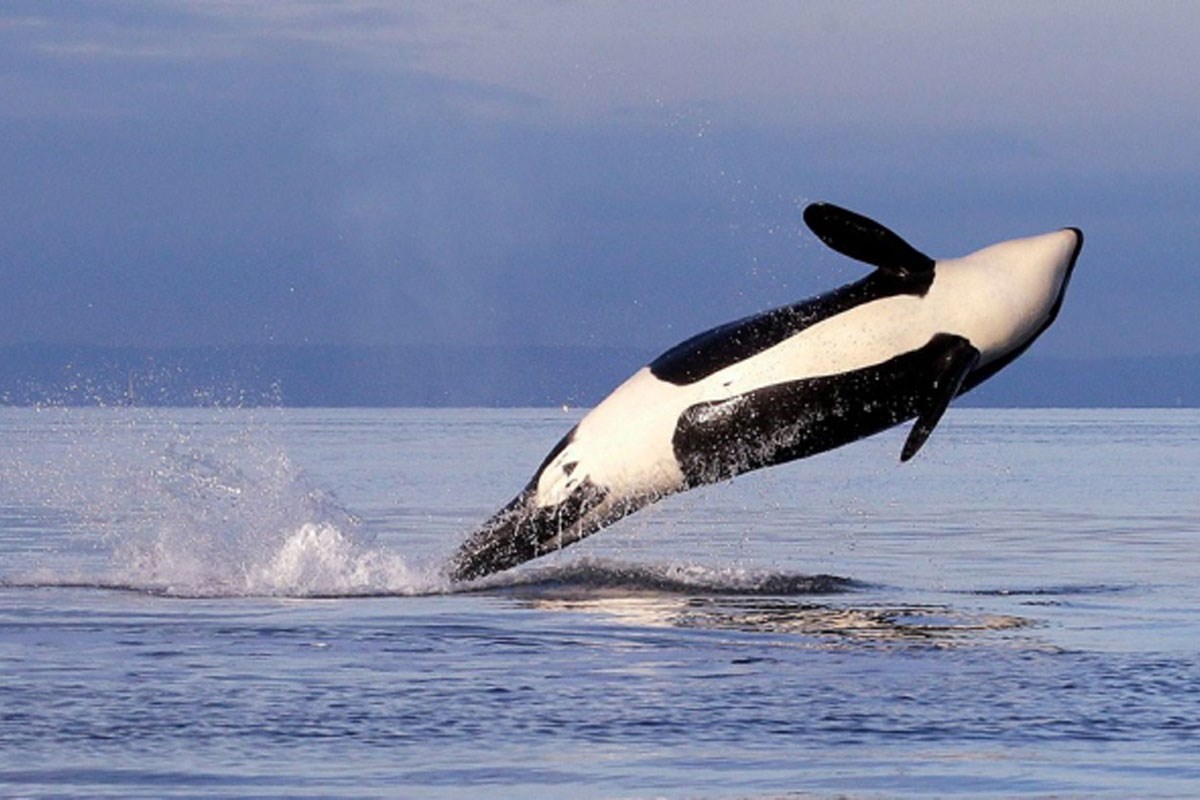
 www.vancouverisawesome.com
www.vancouverisawesome.com
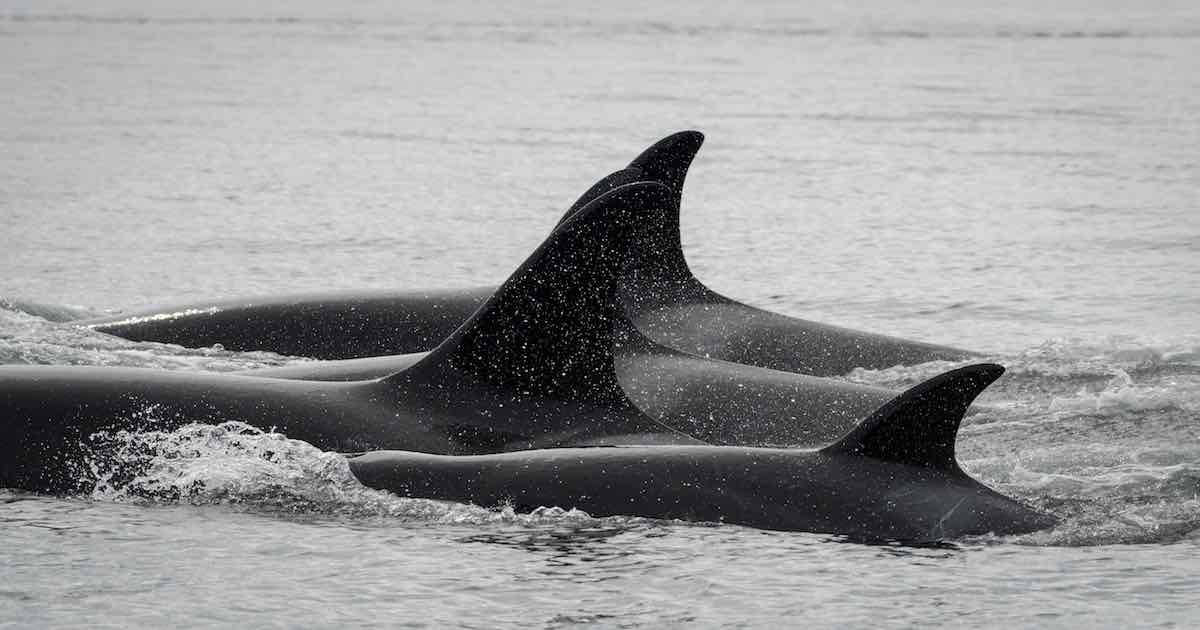

Southern Resident killer whales | Raincoast
The Southern Resident killer whales are critically endangered – they need our help. There is a path to recovery but fisheries that deplete their salmon food supply must be closed…www.raincoast.org
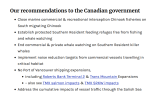

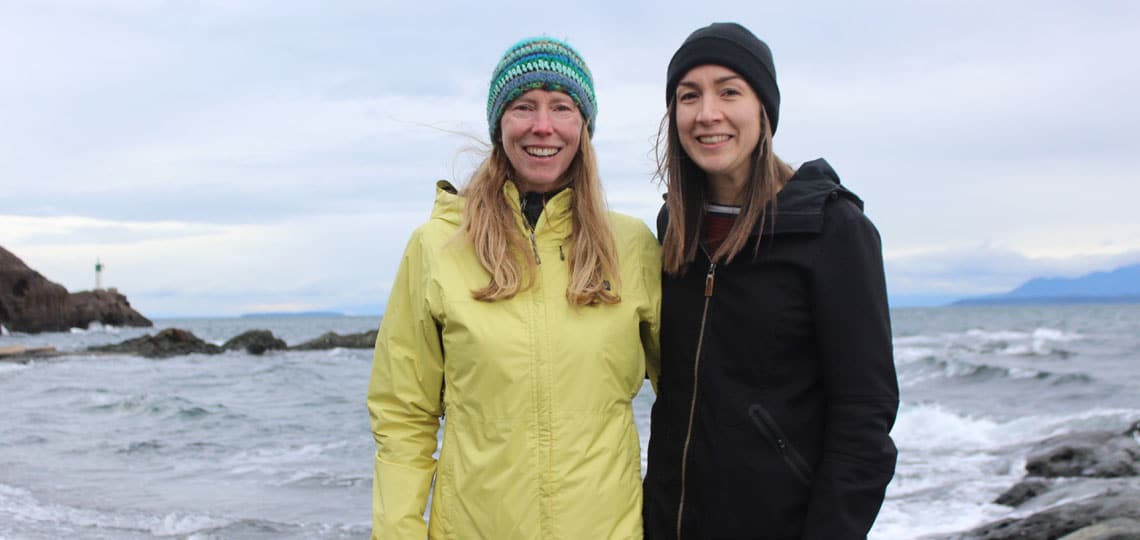
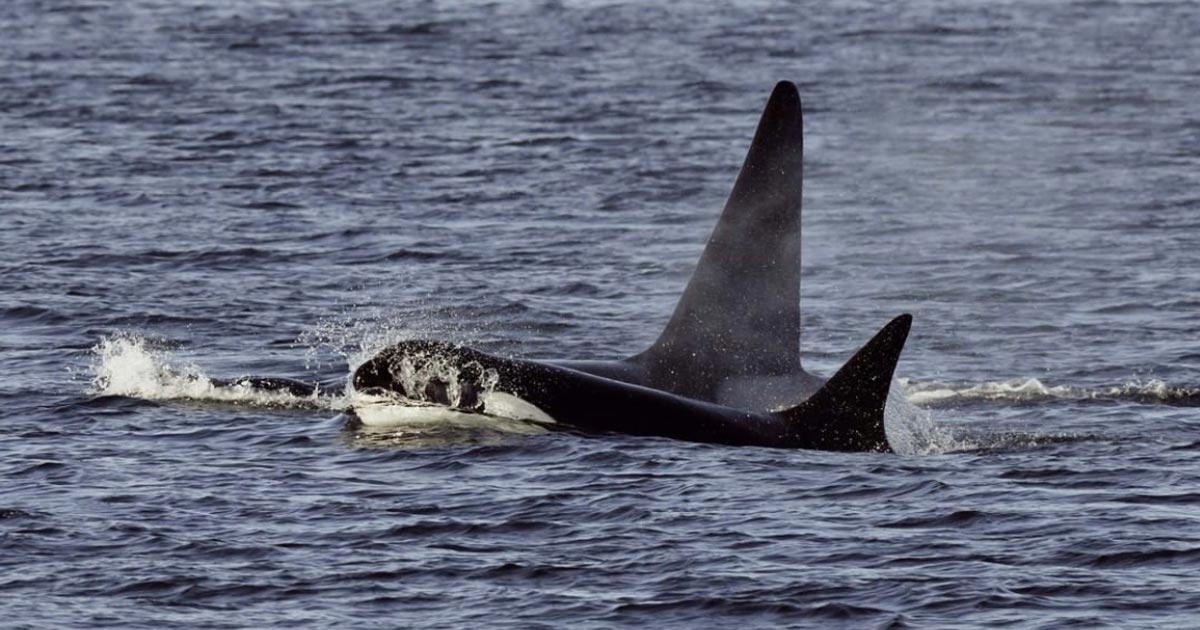
 www.pqbnews.com
www.pqbnews.com
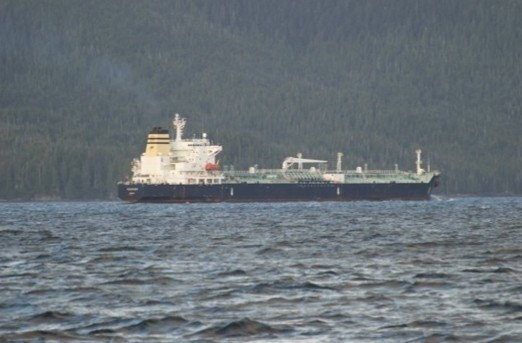
Interesting they are more actively attacking whale watching, a group they were previously allied with. I’m guessing the whale watchers are having a WTF moment. Lol. Shows how quick they use naive groups then turn on them.
Lol, Yeah, if you do nothing, you do nothing wrong, the Mantra of the ENGO! Oh and send us money so we can create jobs for ourselves, that do nothing on your behalf, but keep us off the street. LolWelcome Sport Fishers, whale watchers, and all the rest, to the boundless limits of the "precautionary principle".